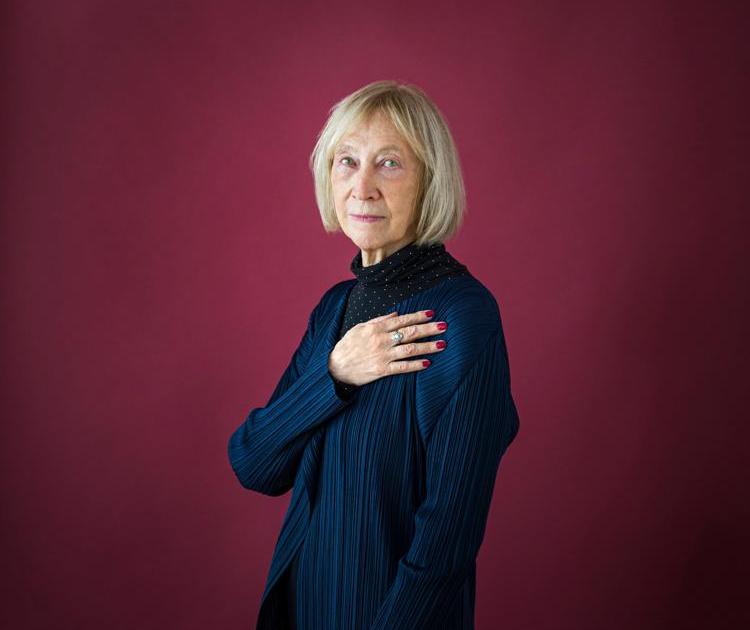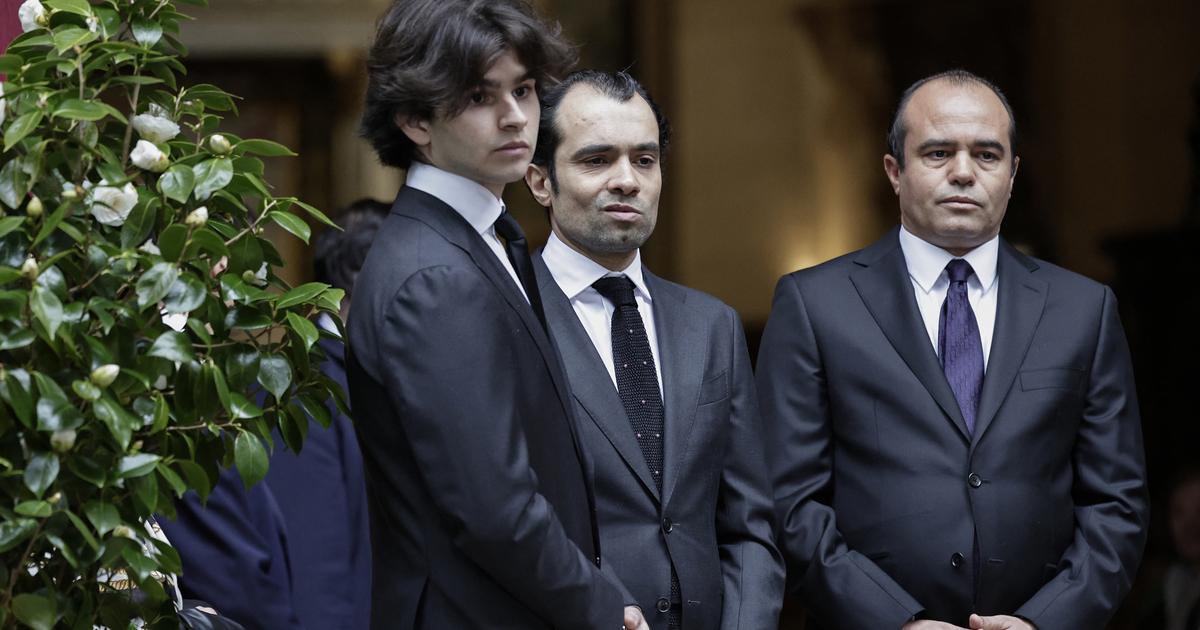In
De sable et de neige
, she delivers a beautiful self-portrait full of sensations and memories, with Arcachon (sand) on one side, Japan (snow) and the death of an absolutely beloved father on the other. for caesura.
Interspersing her story with family photos, others of Allen Weiss, her friend, linked to their travels, and Japanese engravings, she pays delicate homage to a man who died too soon, and to what he passed on to her: the art of living in the moment, without ever making a clean sweep of the past.
Read alsoChantal Thomas: "The last erotic state is to swim"
The Temple of Silence
Miss Figaro. - Where does this title
Sand and Snow come from
?
Chantal Thomas.
–
I had originally thought of calling the book
The Temple of Silence,
in reference to my father's silence.
Then it became
Of sand and snow
, because it was written from my first vision of the world, made of sand and water, but also from the shock of the revelation of snow, which I had as a child. in Arcachon.
The two poles of happiness of my childhood were the beach, that of the Bassin and that of the ocean, and the time in the mountains with my father, the snow.
The two poles of happiness of my childhood were the beach and the mountains with my father
Chantal Thomas
Your life is punctuated by two peaks of whiteness: the Dune of Pilat and the mountains of the Pyrenees...
Especially since by following this path, I ended up on December 31 in Kyoto... under the snow.
In front of her, I was overwhelmed as a child by a kind of passion, and I understand today that it was wonder at the world, its metamorphoses.
Sand and snow are also two flexible, elusive elements, like water... This is how I identify with the three.
His cult books
The Use of the World,
by Nicolas Bouvier.
"It's a guide and an incentive to travel, a way of remembering that the world has shrunk and that we cross borders less and less."
A Room of One's Own
, by Virginia Woolf.
“This text from 1929 was for me a revelation on feminism with its two pieces of advice: to have a room of your own and a salary.”
Blueberries,
by Maggie Nelson.
“This book links a love story and a color, and indirectly the story of a breakup.
And he makes very clever use of the fragment.”
There's No Horse on the Road to Damascus,
by Florence Delay.
"A book in scholarship and fantasy that evokes the possibility of mystical joy but without mysticism."
“I turned my back on melancholy”
The book also says love for your missing father?
Between the lines, there is a reflection on mourning.
I thought of the
Journal de deuil
, by Roland Barthes, who writes, when he loses his mother, that the flavor of the world had disappeared for him.
I thought back to how I had coped with the loss of my father, who died at 42, when I was 17. I turned my back on melancholy and made a kind of voluntarist leap in appreciation of the moment.
I was helped there precisely by the teaching of my father, who adored the boat, the sea, the snow.
This book is also a tribute to the circularity of time
Chantal Thomas
The sensoriality innervates the book...
I received a life lesson from the place where I grew up.
The natural elements can have as much force as the presence of parents, teachers.
They teach us something else that our body understands before we can formulate it.
This is why I love Japan and its literature so much, its tradition in poetic and sensual contact with the force of metamorphosis of the world and the essential fact that we are there to experience the succession of the seasons.
This book is also a tribute to the circularity of time.
Doesn't the myriad of memories and impressions also weave a learning tale?
Yes, it tends towards this idea that makes me want to write and no doubt to live: to exist as much as possible in the moment, without forgetting the events that structured you, as with Sei Shonagon, a woman of letters from the Heian period. , which shows this acuteness for all the events of a day before an episode arising from memory or an ancient tradition arises... It is a question of living the present as fully as possible, without it screening out the depth of the past.







